Finally, you got this article; I think you are studying Japanese literature. I have researched the Japanese Folktales, and here I will write about some unique specialties of Japanese folktales. Trust me; this article will give you an insight into the realm of fantasy in Japanese tradition and culture.
From here, you can also know the main distinctive of Japanese Folktales. So without delay, gets started reading this article.
What Is Folktale?
The question may come that what is the folktale? In a word, folktale means the oral tradition of the common people. It is a tale or legend originating and traditional among a people or folk, especially one part of the common people’s oral tradition.
Especially folktales are considered to be false or based on superstition. Generally, Folktale is divine in many categories such as Folkloric tale from the oral tradition, Fable, Fairy tales, Folklore in general, Old wives’ tale, Storytelling, Performance.
Some Unique Specialties Of Japanese Folktales
Japanese Folktales play an essential role in Japan, and it is an important cultural aspect. If we look deeper, we can see a ubiquitous topic in most Japanese folktales: there will be a kind-hearted protagonist faced with adversities and a mystic force to help him. If I say in a word, the Japanese folktales’ main theme is, “In the end, good people have good results.”
In the present world, Japanese Folklore has remained a topic of interest for people worldwide. Many horror movies, graphic novels, anime, manga, and books are created/made by inspired by Japanese folktales because the character of Japanese folk stories has a lasting impression.
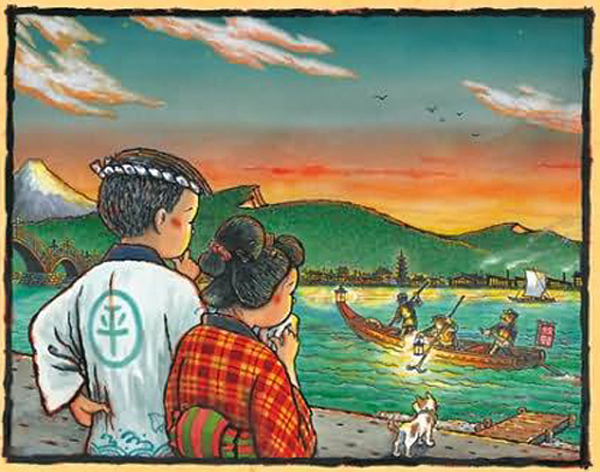
There is another noticeable topic in the Japanese folktale, which is much of the Japanese folktale. Fairy tales are influenced and inspired by their religious beliefs, Shinto and Buddhism.
However, some are influenced by religious beliefs but not all. Many Japanese folktales are influenced by other countries’ literature, such as the stories of ancient India.
And another uniqueness of Japanese folktales is, it does not entirely focus on the mystic force. Its focuses on the will and effort of the protagonist. And without the intention and effort, no problem is solved despite the presence of magic. It is an outstanding lesson to do something or solve something; strong will and action are enough.
Summary Of Japanese Folktales
I hope you got a partial idea about the Japanese folktales. Most Japanese folktales do not prioritize god blessing, but it focuses on the protagonist’s brave, will, and effort. And these folktales nicely connected God’s blessing to the protagonist, brave, will, and effort. The folktale shows that God may give you some opportunities, and you have to choose the right one.
If you fail to make the right one, look for another one and hold on. If you hesitate to make your choice, the opportunities pass by. Also, you may see the use of great metaphors and allegories in Japanese folktales.
Some Most Popular Japanese Folktales
Here I have made a list of some most popular Japanese folktales that are widely appreciated worldwide. The list I have given here is my choice too, and also you can say the readers’ choice.
- The Two Frogs.
- The Mirror of Matsuyama.
- Visu the Woodsman and the Old Priest.
- The Adventures of Little Peachling.
- The Tongue-Cut Sparrow.
- A Woman and the Bell of Miidera.
- The Stonecutter
I tried to make this article clear and intuitive for you. Kindly inform me by commenting if you found any mistake or wrong information on this article based on the internet. Suppose you want you can also read about the best Japanese horror stories.

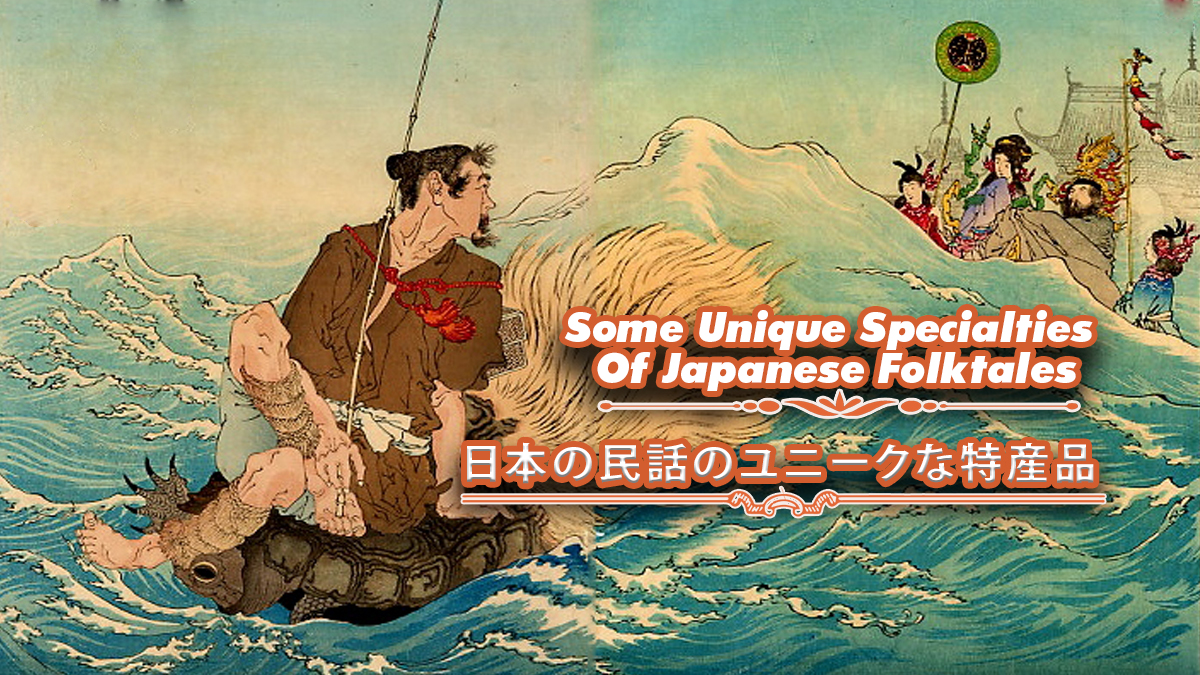
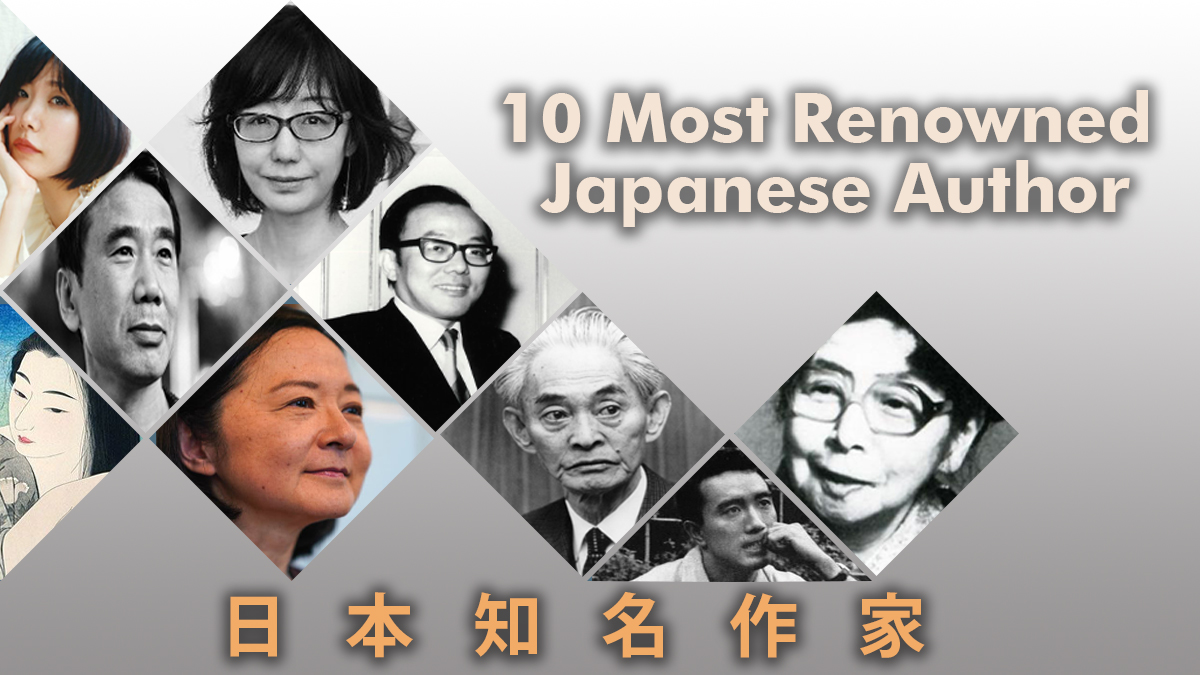
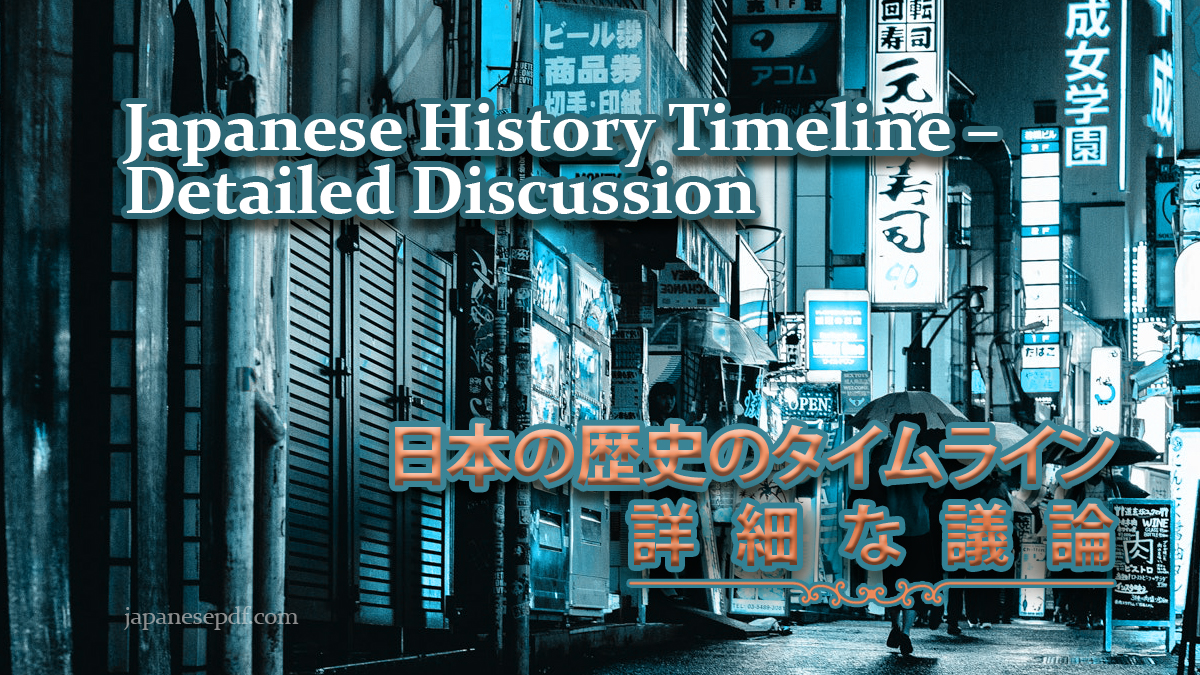

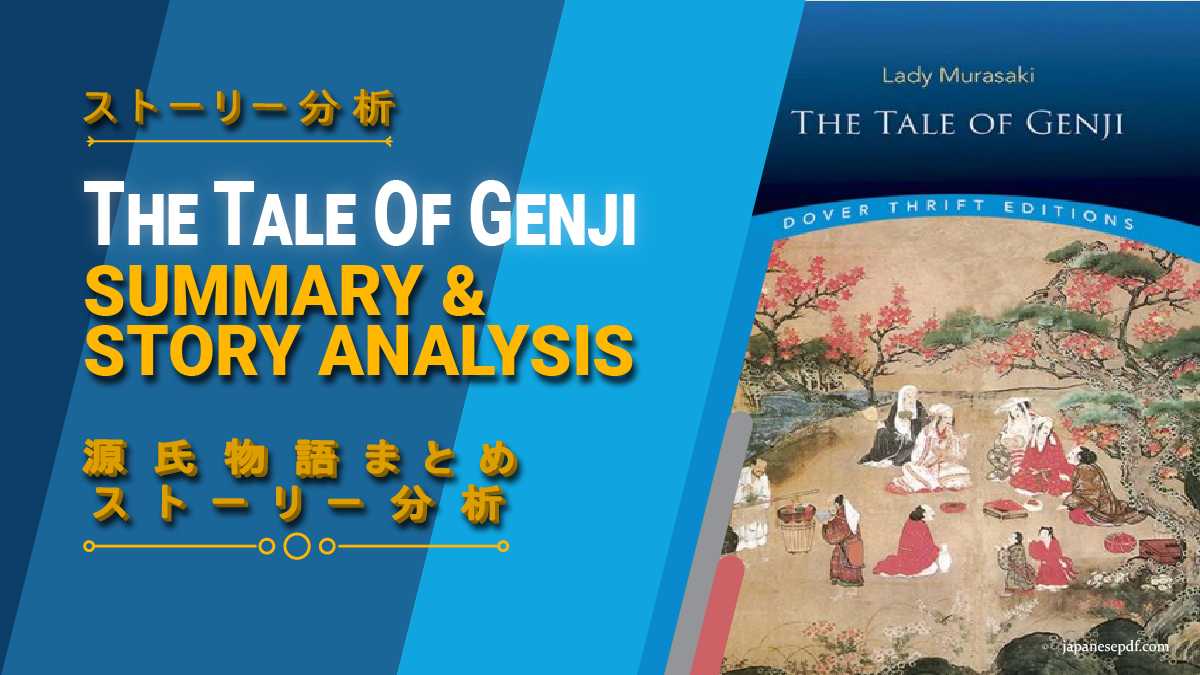
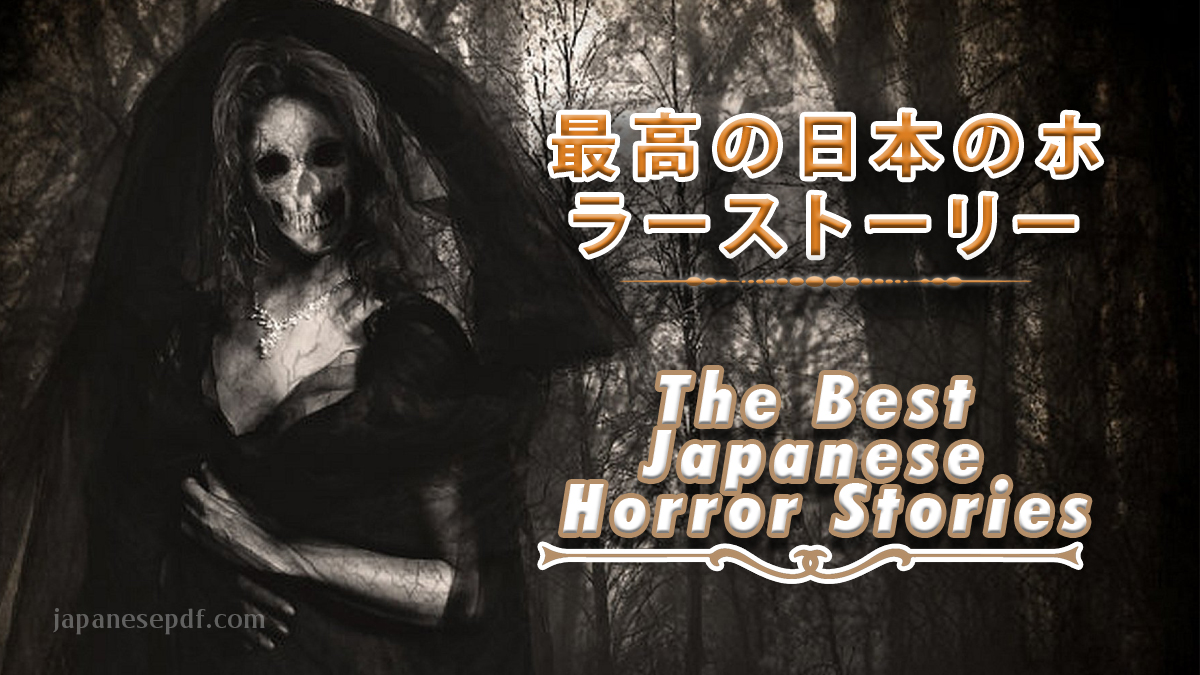





Comments